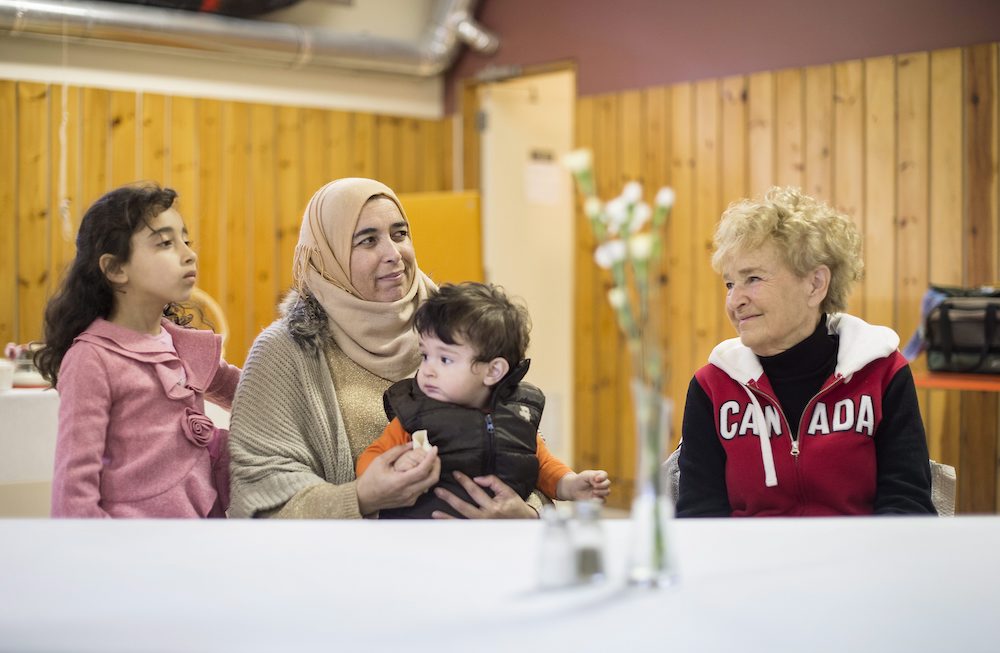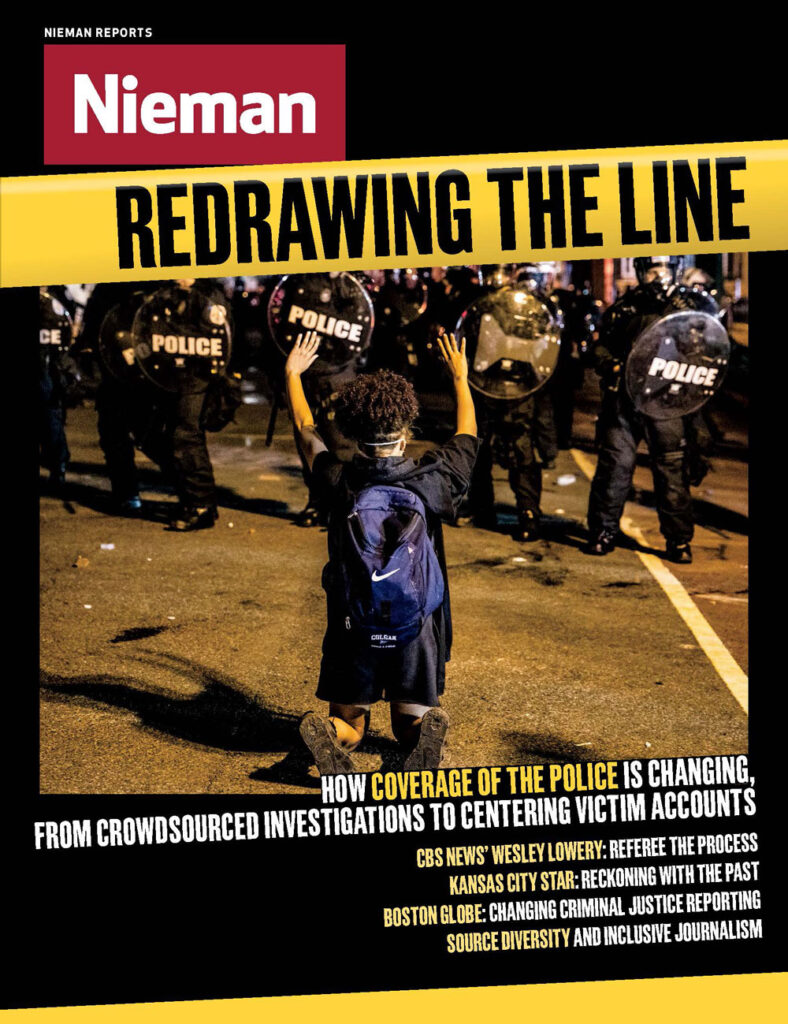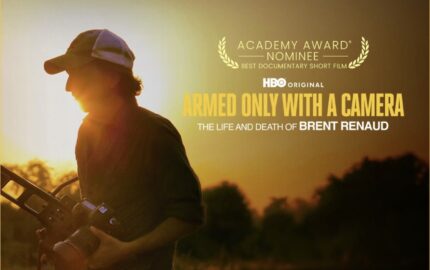Canadians haven’t had to worry too much about the rest of the world for the past 75 years. We’re surrounded by two wide oceans, one frozen one, and a powerful but unthreatening neighbor whose close friendship has given us added international heft.
Canadians recoil at being labeled provincial or isolationist, and it is true that many of us travel, study, and work abroad. But trying to get Canadians to care about what happens outside Canada is a challenge. Political candidates can ignore foreign policy when crafting their platforms and still get elected. International news stories don’t draw many eyeballs.
I once wrote a deeply reported story about a civil conflict in Chad that had displaced thousands and was threatening to spread. My editors put it on the front page of the magazine, complete with a striking cover image. A week or so later, we got the numbers telling us how “newsstand pickups” for that issue compared with others (this was before online analytics made it possible to access such information instantaneously). They were abysmal. Nobody cared.
So why, over a decade later, am I, as editor-in-chief, leading the relaunch of Open Canada, a digital magazine about Canada’s place in the world?
In part, it’s because I never stopped caring about the rest of the world. In part, it’s because I think Canadians should care more. Canada can no longer count on America to be the friend it once was. The post-war liberal order that served Canada so well for so long is crumbling. Even that frozen ocean on our northern border isn’t as frozen anymore.
I’m trying to attract readers the same way any good editor does: by respecting them and by engaging them with writing that’s pleasurable to read, with commentary and analysis that’s provocative and stimulating.
I’m also trying to broaden the conversation to include people whose voices we don’t typically hear in academic foreign policy conferences, or in the journal articles and edited collections of papers that come out of them.
I’m publishing a package of stories about the 25,000 Syrian refugees who arrived in Canada five years ago, written by one of them. I’ve started a feature called “Leaving and Finding Home.” It’s a collection of personal essays about people coming to Canada for the first time, and about leaving it. The first essay is by Zahra Nader, an Afghan woman who quit her job as a journalist with The New York Times in Kabul so that her son could have a better childhood in Canada than she did as a refugee in Iran.
These stories reflect my belief that foreign affairs isn’t just about government policy. It’s also about how all of us move through the world and interact with those who live in it. I hope it makes for rich and enjoyable journalism, too.




